Résultats de la recherche pour : Julia Mart��nez Ari��o
Ireland
While Ireland remains a predominantly Catholic society, in recent years the Church has experienced a notable erosion in its authority and power. At the same time, other faiths are growing, and the number of atheists and agnostics is increasing steadily. Ireland is a majority Catholic society. According to the 2011 census, about 84 per cent of the population self-identify as Roman Catholic. At the same time, the Irish religious landscape exhibits considerable diversity. The Orthodox, Hindu, and Pentecostal faiths are the country’s three fastest growing non-Catholic religious traditions. The number of atheists and agnostics has grown by about 320 and 130 per cent respectively in the 2006-2011 span (All-Island Research Observatory (AIRO), PDR Table 35: Percentage and Actual Change in Population by Sex, Religion, Census Year, and Statistic).
Italy
Laicity is the supreme constitutional principle of the Italian Republic. The Constitution is inspired by ‘secular’ values such as equality before the law without religious distinction, equal religious liberty for all confessions, Church-State separation, the organisation of bilateral relations between the different denominations, and the prohibition of discrimination between worship and religious associations. The Constitution also recognises the specific contribution of the religious factor and encourages its realisation, because it contributes to the spiritual progress of the country and to the development of individuals’ personalities. Nonetheless, experience shows that the constitutional project has not yet been fully realised due to a combination of juridical, historical, social and political factors.
Luxembourg
The recent redefinition (2013-2015) of the relationship between the State and so-called recognized religions is currently the major issue animating the religious landscape in Luxembourg. This reform comprises a substantial reduction of the State’s future financial support for religions. It also brings about public recognition of Islam, its representatives having been invited for the first time at the negotiating table. Next to these moves monopolizing media attention, a recent major development seems to go largely unnoticed by the authorities and by public opinion: the staggering success of the Pentecostal ‘megachurches’ originating in the Protestant-evangelical movement.
Malta
No tourist visiting Malta would nowadays repeat what a traveller to Malta, quoted by John Wignacourt in his 1914 book The Odd Man in Malta, said in 1914 — ‘Malta would have been a delightful place if every priest were a tree…’! Contemporary Malta is much greener than what it was when the Knights of St John were given the arid island in fief in 1530 AD, even though current debate often focuses on the current government’s alleged lack of concern for the environment in its drive to appease the developers. But also because the number of priests has dwindled significantly over the last half a century, and the cry of ‘Malta Kattoliċissima’ (“Malta the most Catholic”) no longer holds sway.
Portugal
Though the quantity of studies on religious/non-religious tendencies in today's Portugal is not overly abundant outside the Catholic remit, available are official and other reliable statistical data, and a number of well-structured analyses thereof, providing insights into the religious phenomenon in this country. Notwithstanding, the main issue is whether the more recent, few-decades-spanning information is by itself sufficient for supporting medium to long-term tendencies anticipation in this domain. This text takes the view that the Portuguese national historical context may to a good extent explain the degree of observed trend stability as regards religions-secularism in the country. The Portuguese law of religious freedom dates just from 2001. Signs are that only now an effective multiplication of creeds is underway, whose future impact cannot yet be soundly discerned.
Slovakia
Over the last two decades, Slovakia has been considered a predominantly Catholic society. State institutions and legislation have progressively created a system of Catholic-Lutheran asymmetric dualism operating at the core of Slovak national identity. Since the establishment of the Slovak Republic in 1993 the Catholic Church, the largest religious body in Slovakia, has experienced a significant increase in influence and power, in spite of the slightly decreasing proportion of citizens who declare to be Catholic. According to 2011 census data, the Roman Catholic Church represents 62 % of the population (68.7 % in 2001), the Evangelical Church of the Augsburg Confession (Lutheran) 5.9 % (6.9 % in 2001), the Greek-Catholic Church 3.8 %, and the Reformed (Calvinist) Church 1.8 %. People declaring “no religion or faith” account for 13.4 % of the population (13 % in 2001), respondents providing “no data” for 10.6 % (3% in 2001). Thus the general tendency is one of slowly declining adherence to mainline Churches, whereas the proportion of people expressing no religious profile has increased.
Spain
Spain has undergone deep transformations in the religious field since the democratic transition initiated after the death of Franco in 1978. This article provides a general overview of the main changes that occurred both in the religious landscape and in public policy governing religious diversity. After describing the broad societal transformations that have shaped the State’s relations with organised religious communities, this paper will provide a more exhaustive account of the current religious configuration of the country. It will then outline the primary ways in which the State conducts governance of religious diversity, followed by a more detailed description of the situation of religious education.
United Kingdom
A country, which has two established churches, the Church of England and the Church of Scotland, does not seem to be a propitious setting for secularism to flourish. To this point can be added a number of other matters that seem to be inimical to the idea that secularism can prevail in the United Kingdom. There is, for example, the fact that large numbers of State schools in the present day continue to have partly religious foundations, historically once solely Christian or Jewish but now also including the Muslim, Hindu and Sikh faiths. Equally there the fact that one of the established churches, the Church of England, has the legal right, which it exercises, to have bishops and archbishops as members of the House of Lords, one of the two chambers of the United Kingdom Parliament.
Revue de presse, 2 septembre
Vatican
"Dans sa lettre à Mgr Rino Fisichella sur le Jubilé de la miséricorde (8 décembre 2015-20 novembre 2016), le pape François annonce avoir décidé 'nonobstant toute chose contraire, d'accorder à tous les prêtres, pour l'Année jubilaire, la faculté d'absoudre du péché d'avortement tous ceux qui l'ont provoqué et qui, le cœur repenti, en demandent pardon'" — L'avortement pourra être pardonné pendant le Jubilé (Zenit, InfoCatho)
"L'absolution reçue en se confessant aux prêtres de la Fraternité Saint-Pie X sera 'valide' et 'licite' pendant le Jubilé, déclare le pape François dans la lettre qu'il adresse à Mgr Fisichella pour l'année jubilaire de la miséricorde, rapporte l'agence Zenit" — Le geste de François envers les Lefebvristes (A.B. avec Zenit, La Vie)
Religions and Secularism in Portugal: mainly a lingering monotheism
Though the quantity of studies on religious/non-religious tendencies in today's Portugal is not overly abundant outside the Catholic remit, available are official and other reliable statistical data, and a number of well-structured analyses thereof, providing insights into the religious phenomenon in this country. Notwithstanding, the main issue is whether the more recent, few-decades-spanning information is by itself sufficient for supporting medium to long-term tendencies anticipation in this domain. This text takes the view that the Portuguese national historical context may to a good extent explain the degree of observed trend stability as regards religions-secularism in the country. The Portuguese law of religious freedom dates just from 2001. Signs are that only now an effective multiplication of creeds is underway, whose future impact cannot yet be soundly discerned.






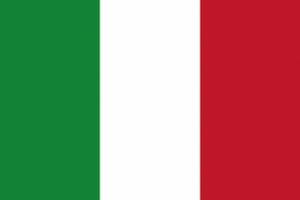
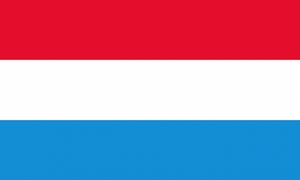
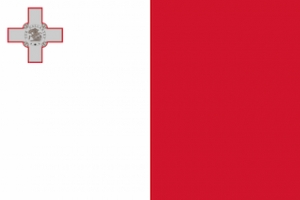
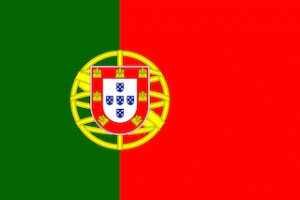
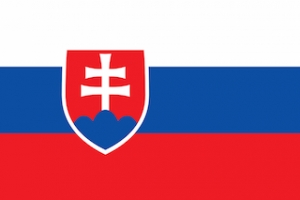
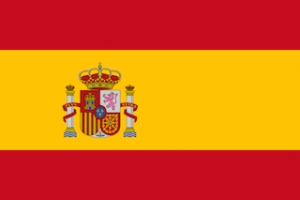

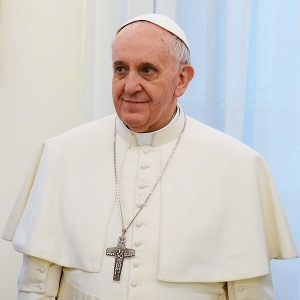
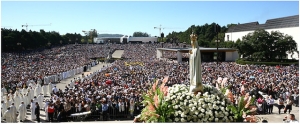
 MangoGem
MangoGem